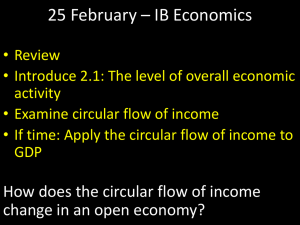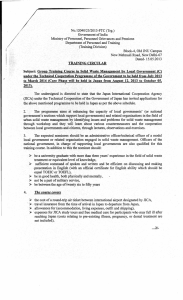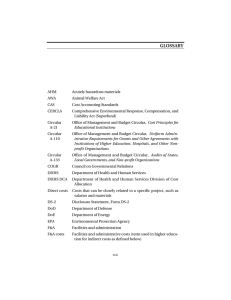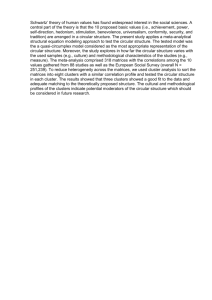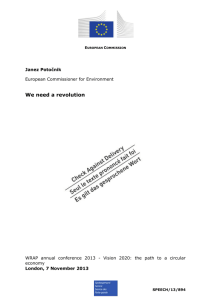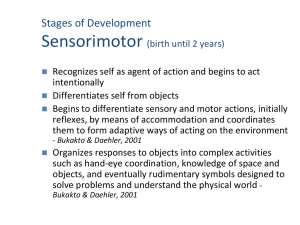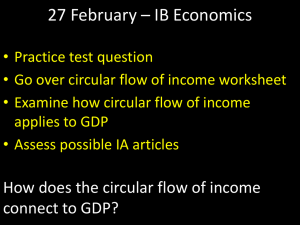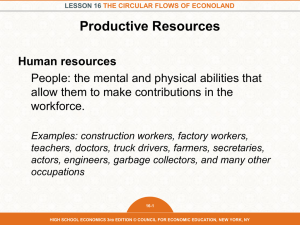Circular Reasoning: Definition & Examples
advertisement
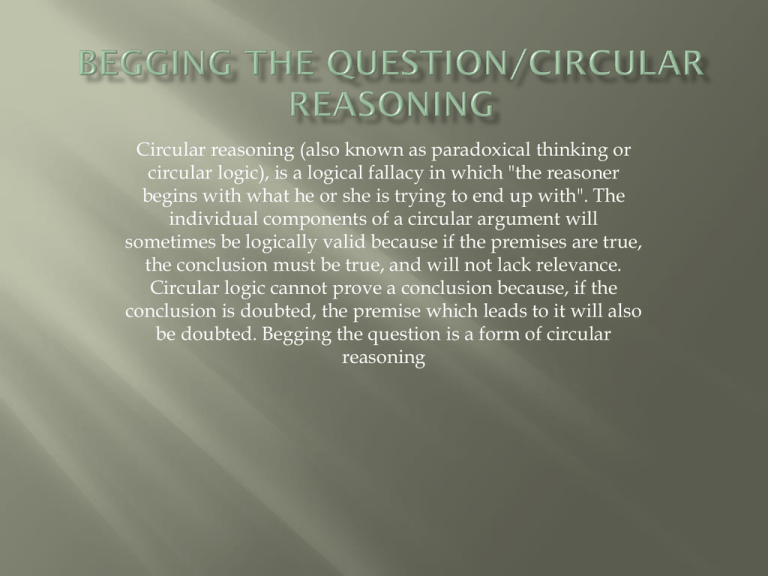
Circular reasoning (also known as paradoxical thinking or circular logic), is a logical fallacy in which "the reasoner begins with what he or she is trying to end up with". The individual components of a circular argument will sometimes be logically valid because if the premises are true, the conclusion must be true, and will not lack relevance. Circular logic cannot prove a conclusion because, if the conclusion is doubted, the premise which leads to it will also be doubted. Begging the question is a form of circular reasoning Universal example: “Willington is in New Zealand therefore Willington is in New New Zealand” The Crucible: “that no uncorrupted man should fear the court” - Danforth Act 3 scene 3 “How do you know you are not a witch…since you can’t prove you aren’t a witch then you are one… could be hurting an innocent person… fearful of doing so” -Procter Act 2 scene 2 The picture states in a circular fashion. “The bible is true, because it says the bible is true.

